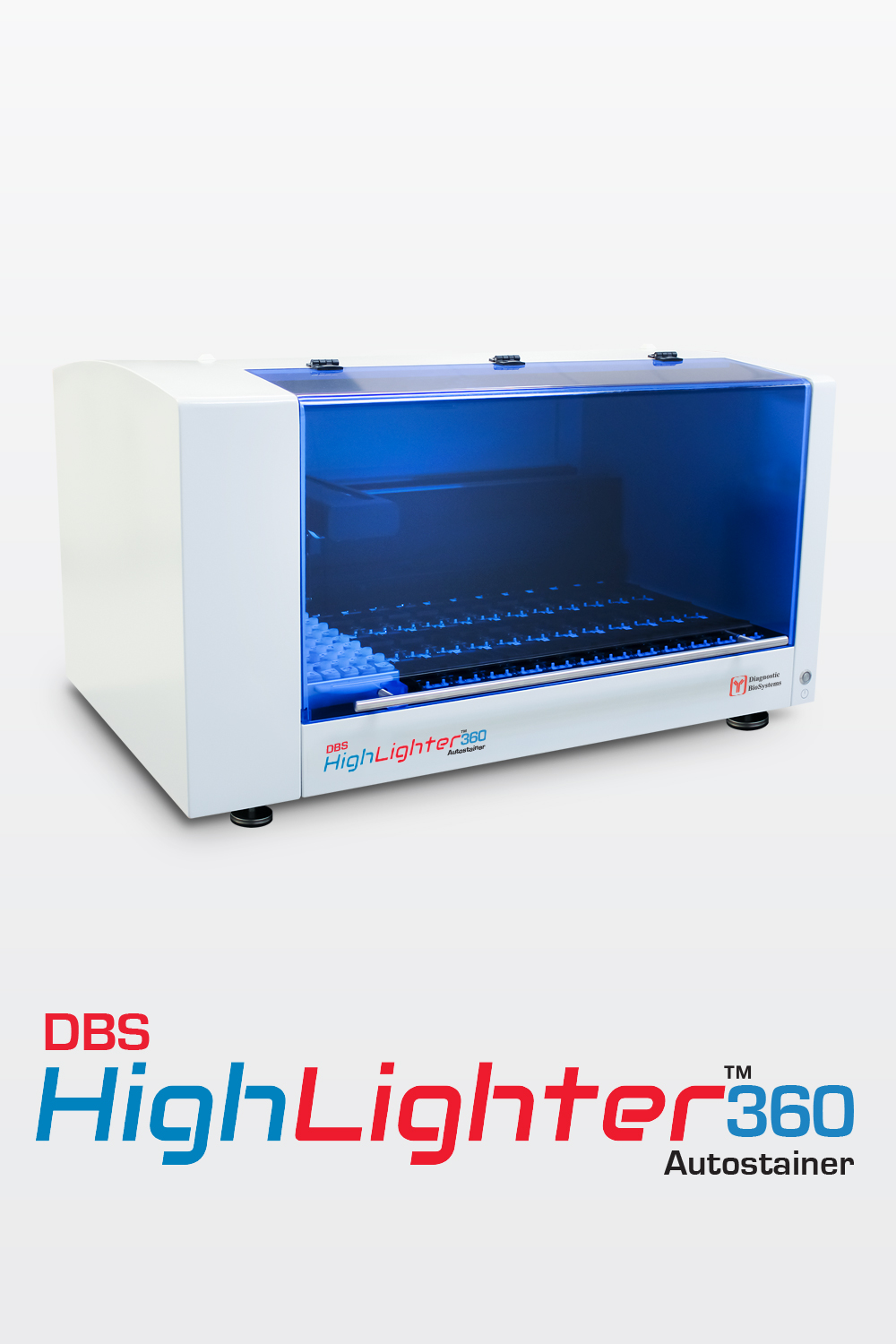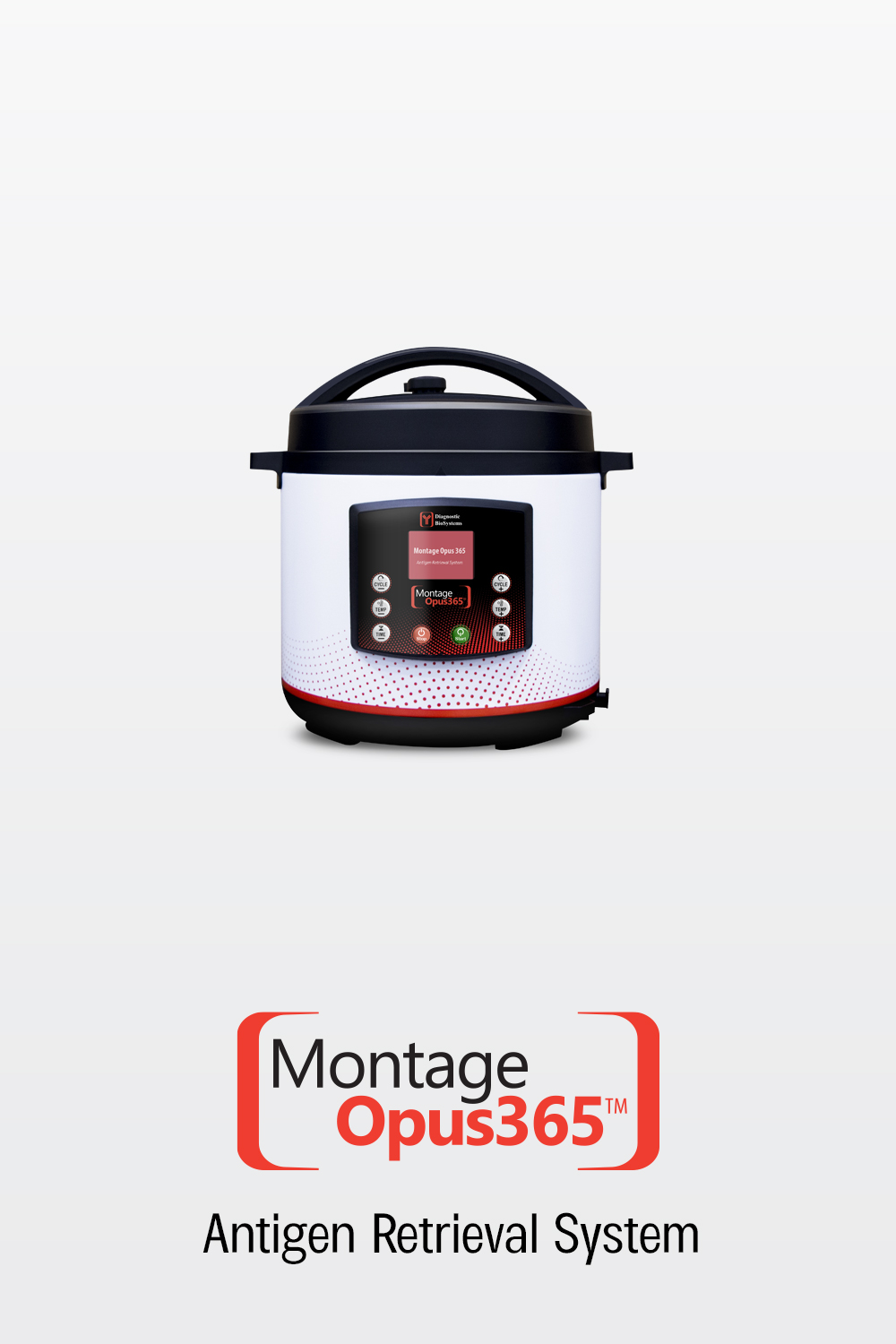CANCER AWARENESS
Brain Cancer Awareness : Advancing Diagnostics, Supporting Awareness
Brain cancer, while relatively rare compared to other types of cancer, is a significant health concern due to its high mortality rate and complex treatment requirements. Brain and central nervous system (CNS) tumors account for about 1.4% of all new cancer cases in the United States. Globally, the incidence varies by region, with higher rates in developed countries.
Immunohistochemistry (IHC) is a powerful tool in the classification of brain cancers, enabling pathologists to identify specific cell types, tumor origins, and molecular characteristics.
Below is the information on types of brain cancers and their IHC markers.
| Gliomas | |
| Gliomas are the most common type of primary brain cancer and include glioblastomas, astrocytomas, oligodendrogliomas, and ependymomas. The following markers are widely used to classify gliomas: | |
| GFAP | A marker for astrocytes, commonly used to identify astrocytomas and glioblastomas. |
| Olig2 | A marker for oligodendrocytes, frequently used in diagnosing oligodendrogliomas. |
| Meningiomas | |
| Meningiomas are generally benign but can sometimes be atypical or malignant. The following markers are used in their classification | |
| EMA | A common marker for meningiomas |
| Progesterone Receptor | Often positive in meningiomas and helps differentiate them from other tumors. |
| Medulloblastomas | |
| Medulloblastomas are common in children and originate in the cerebellum | |
| Synaptophysin | A marker for neuronal differentiation |
| Beta-catenine | Important in the Wnt signaling pathway, used to identify specific subtypes of medulloblastomas |
| Primary Central Nervous System Lymphomas | |
| PCNSL is a type of lymphoma affecting the brain | |
| CD20 | A marker for B-cell lymphomas, which are the most common type of PCNS |
| CD3 | Used to identify T-cell lymphomas, which are less common in the CNS |
DBS offers a comprehensive brain cancer panel that features innovative rabbit monoclonal and mouse monoclonal antibodies. These antibodies ensure the sensitivity and specificity needed for immunohistochemistry (IHC) tests. This means pathologists and oncologists can expect fast, precise results, leading to accurate diagnoses and enabling them to formulate effective treatment plans for their patients.




